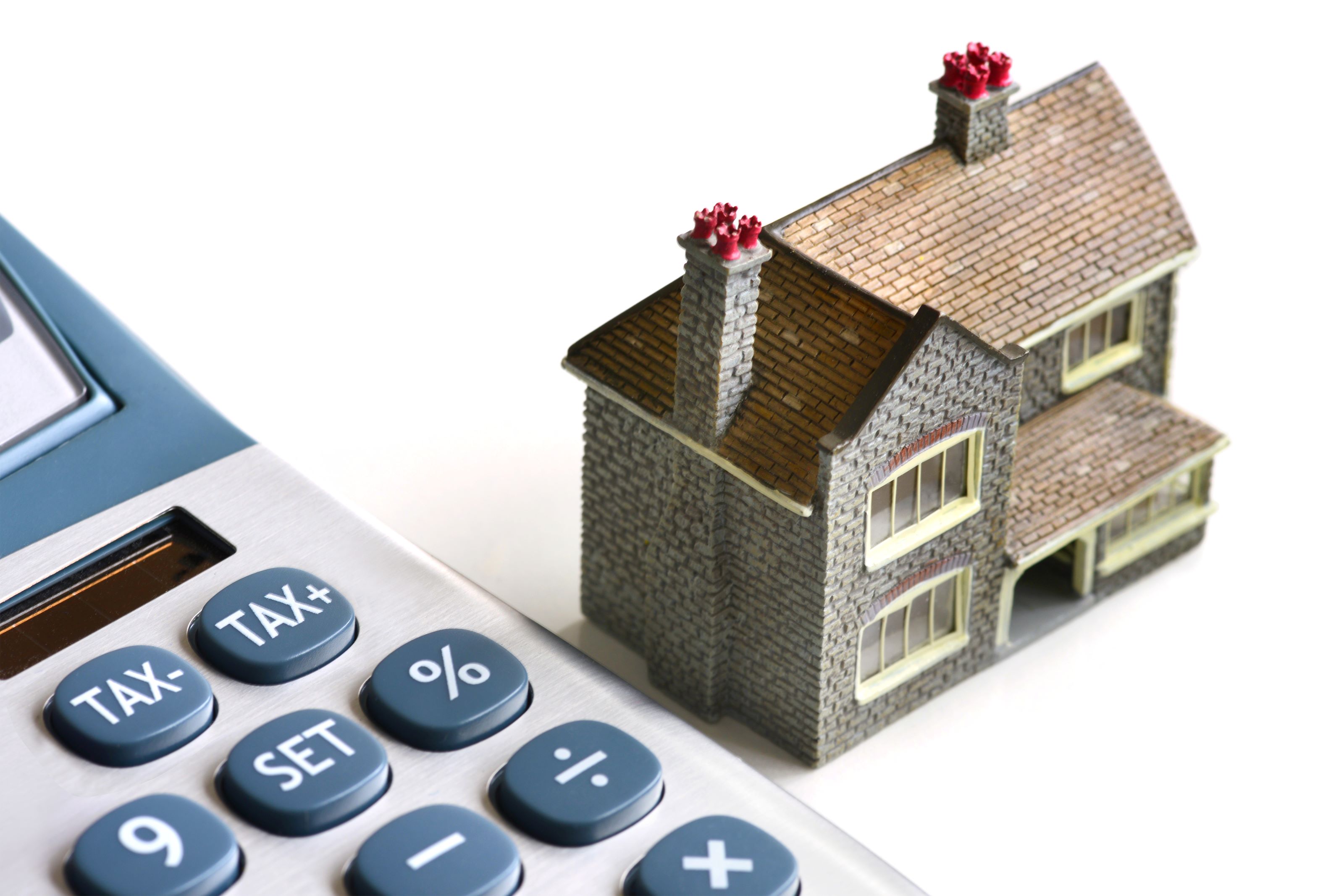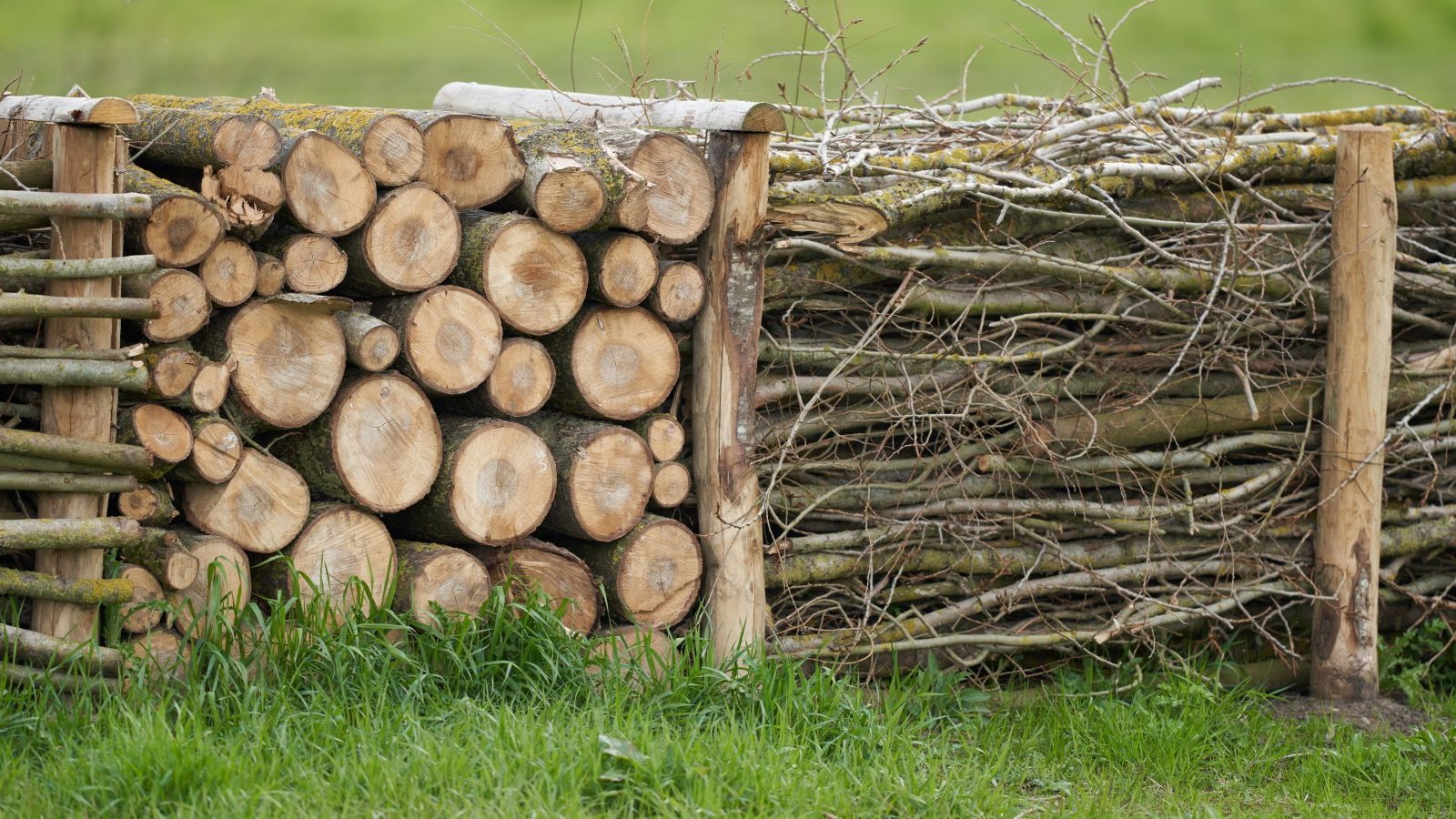Are you owed a Stamp Duty rebate? £30m repaid to homeowners in last three years
Homeowners can see an average refund of £27,000 from HMRC for incorrect charges on their Stamp Duty. We show you if you qualify for a rebate and how you can get this money back

There has been £30 million worth of Stamp Duty tax rebates returned to homeowners in the UK in the last three years, according to Cornerstone Tax 2020.
The data from the tax advisers also revealed that millions have never considered they may have been overcharged on their Stamp Duty, with claimants potentially seeing an average return of £27,000 per property in rebate from HMRC.
We reveal the most common ways people are overcharged for Stamp Duty and how you can reclaim these funds.
What is Stamp Duty?
When purchasing a property or second property, you are required to pay Stamp Duty Land Tax (SDLT).
This tax applies in England and Northern Ireland and is triggered when the property's price exceeds a certain threshold.
For property purchases up to £250,000 (or £425,000 for first-time buyers), no stamp duty is payable. However, if the price of the main residence falls between £250,001 and £925,000, a 5% tax is applied on the amount over £250,000. The next bracket is 10% for anything over £925,000 and £1.5million, and 12% on anything over £1.5million. There's a stamp duty calculator on the gov.uk site to give you a more precise idea of how much stamp duty you should pay on a property.
If you are buying an additional property, or you still own your main home at the time of purchasing another, an additional 3% tax on your stamp duty is added too. However, if you sell your main home within 36 months you can apply for a rebate. There's also an additional 2% to pay if you are not a UK resident.
Get the Homebuilding & Renovating Newsletter
Bring your dream home to life with expert advice, how to guides and design inspiration. Sign up for our newsletter and get two free tickets to a Homebuilding & Renovating Show near you.
It's important to note that Scotland (LBTT) and Wales (LTT) have their own distinct rates for similar taxes, which should be reviewed separately.
How £30 million in Stamp Duty has been refunded
There has been £30 million returned to homeowners from HMRC over the past 3 years, according to Cornerstone Tax 2020.
New research conducted by Cornerstone reveals that a significant majority of homeowners (61%) have never taken into account the possibility of errors in the amount of Stamp Duty they have paid.
This finding comes at a time when the cost of living is escalating, and many individuals are pushing their finances to the limit to enter the property market.
To address this issue, David Hannah, Chairman of Cornerstone Group International, emphasises the significance of seeking expert advice to avoid the unnecessary expenditure of thousands of pounds during the property purchasing process.
Why might I have overpaid Stamp Duty?
There are multiple areas where homeowners could have been charged incorrectly for SDLT and where you can claim money back.
Some individuals may have been wrongly advised to pay stamp duty, potentially leading to compensation claims for up to £80,000 each, affecting approximately 75,000 people, according to Cornerstone Tax 2020.
Cornerstone Tax 2020 claims the most common areas people are incorrectly overcharged for SDLT are:
1. Multiple Dwellings Relief applies to those who have purchased multiple dwellings, such as freehold or leasehold interests in more than one property. There are currently 24.2 million households with registered multiple dwellings on their properties according to the English Housing Survey, and data shows a significant number of homeowners may have overpaid on stamp duty due to errors in the classification of their dwellings, resulting in an average loss of £34,987.72 in potential savings.
2. Uninhabitable Status where buyers of abandoned or uninhabitable properties may be eligible for a lower rate of SDLT or a tax refund. HMRC evaluates SDLT based on the condition of the property. However, for owners of uninhabitable homes, HMRC may challenge the property's status and deny an SDLT exemption. It is crucial to have the property assessed by a specialist to ensure the correct amount of SDLT is paid.
3. Pension payments whereby homeowners nearing retirement sell their homes and invest the profits in their pension funds, utilising schemes like Self-Investment Personal Pension (SIPP). Transferring a commercial property into a SIPP or SSAS pension can result in a 100% discount on the stamp duty. Errors related to pensions have emerged, where businesses sell their premises to their pension fund as part of retirement planning.
How to claim a Stamp Duty rebate?
If you believe you may be entitled to a SDLT rebate then you can apply for a repayment of the higher rates of Stamp Duty Land Tax through the gov.uk website. Alternatively, you can print off the online form and post it to HMRC.
If you're worrying about overpaying or your rebate request is rejected you can seek professional tax advise.
Cornerstone Tax 2020 stated: “By conducting a thorough analysis, seeking professional advice, and understanding the applicable regulations, you can minimise the risk of overpaying SDLT.
"However, if an overpayment does occur, initiating a review promptly allows you to rectify the situation, gather evidence, and pursue appropriate actions to claim a refund or make adjustments as required.”

News Editor Joseph has previously written for Today’s Media and Chambers & Partners, focusing on news for conveyancers and industry professionals. Joseph has just started his own self build project, building his own home on his family’s farm with planning permission for a timber frame, three-bedroom house in a one-acre field. The foundation work has already begun and he hopes to have the home built in the next year. Prior to this he renovated his family's home as well as doing several DIY projects, including installing a shower, building sheds, and livestock fences and shelters for the farm’s animals. Outside of homebuilding, Joseph loves rugby and has written for Rugby World, the world’s largest rugby magazine.
